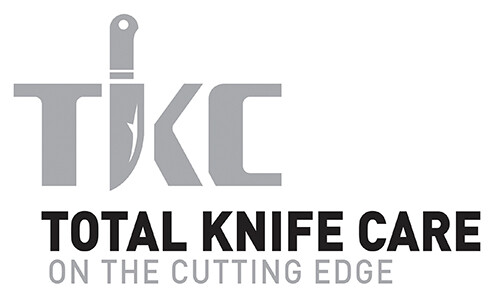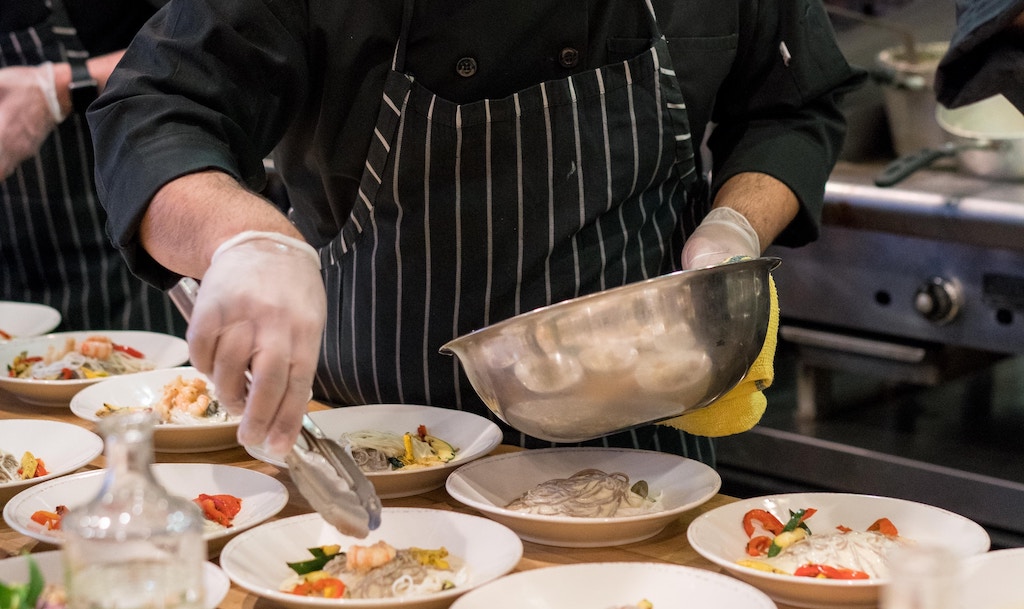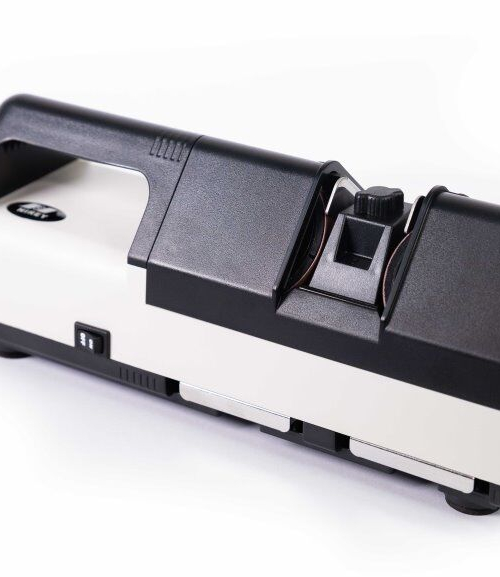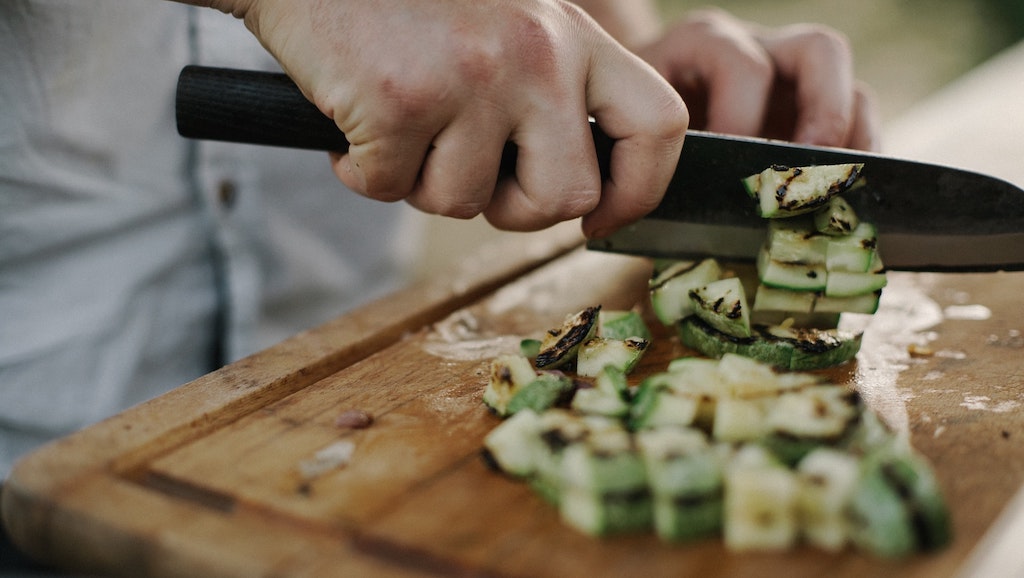Thinking of opening a restaurant?
Catching the news today that Gordon Ramsay has filmed a new series of Kitchen Nightmares after a decade long break made us think ‘what makes people want to open a restaurant?’. After all, in the first series he unearthed a veritable smorgasbord of major problems in the restaurants and cafes he visited, often shouting his advice at the top of his lungs, and generally peppered with a healthy (or maybe unhealthy) dose of expletives.
Of course you have to take into account that the show’s creators are actively looking for bad examples, but by the same token they seemingly had no shortage of establishments to choose from. And Mr Ramsay, with his seven Michelin starred restaurants, is very well placed to give advice.
Apparently this time around he will be ‘gentler’, but this won’t make for entertaining viewing so we’d be a bit doubtful about this claim.
The hell that viewers are about to witness – you would’ve thought – would be enough to put off three groups of people – people thinking of opening a restaurant, people who already own one and – importantly – anyone who eats in restaurants.
But this doesn’t seem to put people off from wanting to open a cafe or restaurant, despite pages and pages of advice online (and probably offline) saying ‘just say no!’. But if that really is someone’s dream, who are we to deprive them of it?
So, once you’ve ignored all this advice and sworn to yourself you’ll never have to call in Gordon, what is the advice out there for would be restaurateurs? You may not be surprised to read that it’s very similar to advice generally given to anyone setting up a new business in any field, just with some tweaks. Here’s a summary of the general advice out there…
- Do your market research first: Before you do anything else, research the local food scene in your chosen location. Identify any gaps in the market, your target demographics, and competitors. Understanding your potential customers’ preferences and needs is pretty important in creating a menu and an atmosphere that will resonate with them.
- USP – your Unique Selling Proposition: You need to give people a reason to come to you, so develop a unique concept or theme for your cafe or restaurant. It could be a fusion of international cuisines or a simply a cozy local cafe. Whichever it is, a strong and memorable concept will set you apart from everyone else.
- Location, location, location: This can make or break your business. You need to consider foot traffic, accessibility, and proximity to complementary businesses. A prime location will attract more customers and help your venture thrive.
- Licensing and regulations: Make sure you know local licensing requirements, health and safety regulations, and food handling laws. If your establishment doesn’t comply with these, you can be fined or worse, your (hopefully good) reputation will go.
- A business plan: Create a detailed business plan including start-up costs, monthly expenses, and revenue projections. Get financial advice if you need to and make sure you have enough funding to cover initial expenses and operational costs.
- The menu: Put together a menu that reflects your concept and caters to the tastes of your target audience. Consider offering options for various dietary preferences, including for vegetarian, vegan, and gluten free diners.
- Quality ingredients: Source great quality ingredients from reliable suppliers. Fresh and locally sourced ingredients can enhance the flavour (and reputation) of your food.
- Staff hire & training: Hire skilled and friendly staff who share your passion for food and customer service. Invest in training to ensure consistency in food preparation and service.
- Marketing/branding: Develop a strong online and offline presence. Use social media, make sure you have a user friendly website, and maybe do some local advertising too. Building a brand identity that reflects your concept and values will help attract loyal customers.
- Customer Feedback(!): Pay close attention to customer feedback and be open to making improvements based on their suggestions. Building a loyal customer base is crucial for long-term success.
- Sustainability/environmental considerations: Embrace sustainable practices in your business, such as using eco-friendly packaging, reducing food waste, and sourcing local, organic ingredients. Diners are increasingly appreciative of businesses that care for the environment.
- Consistency and patience: Success in the restaurant industry takes time. Be patient, stay consistent in your offerings, and continually strive to exceed customer expectations.
There are only two pieces of advice missing here that we would add (based on factors outlined here and here)…
- Make sure your chefs have good knives
- Make sure they keep them sharp!







